It is very important that older adults, their families, friends and health care providers understand several key concepts to ensure that older adults receive timely appropriate health care services and advice.
| Click on image for audio | Comments |
|---|
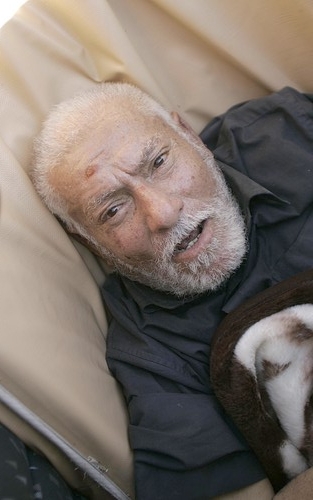 | Principle 1: Sudden change comes from sudden problems
An older person who suddenly becomes confused - but was alert and oriented the day or week before - is having an acute problem such as an infection, medication side effect, stroke or even a heart attack. These and many other acute problems can be treated effectively if diagnosed properly and in a timely manner. An older person often has unusual or subtle symptoms. Confusion may be the only symptom of a heart attack in an older person. A younger person would be more likely to experience the classic symptoms of chest pressure, tightness, or arm pain. Alzheimer's disease does not come on overnight! |
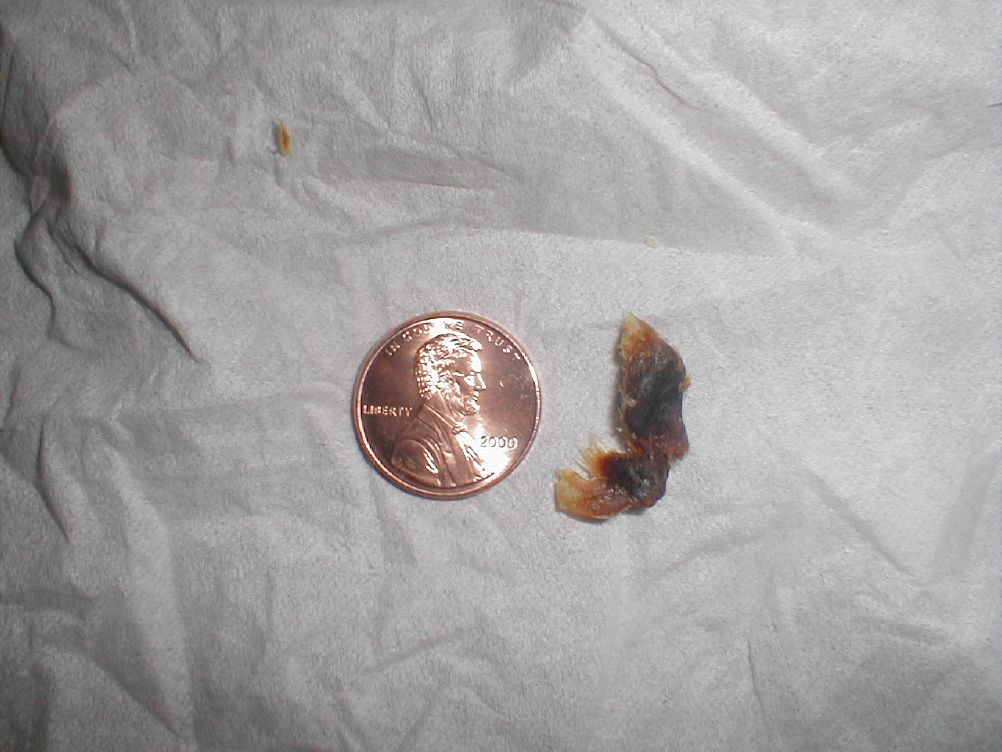 | Principle 2: Gradual decline may not be Alzheimer's disease
Alzheimer's disease symptoms develop slowly. However, there are many other problems that develop slowly and may cause gradual decline. An overactive or underactive thyroid, vitamin B12 deficiency, poor nutrition, Parkinson's disease, hearing impairment and depression are examples. Symptoms from these usually develop slowly and may mimic Alzheimer's disease. Loneliness and social isolation can also cause gradual decline. Improved transportation, hearing aids or glasses, joining a health spa, volunteer work, kind words of reassurance or a big hug now and then can all have remarkable therapeutic effects. |
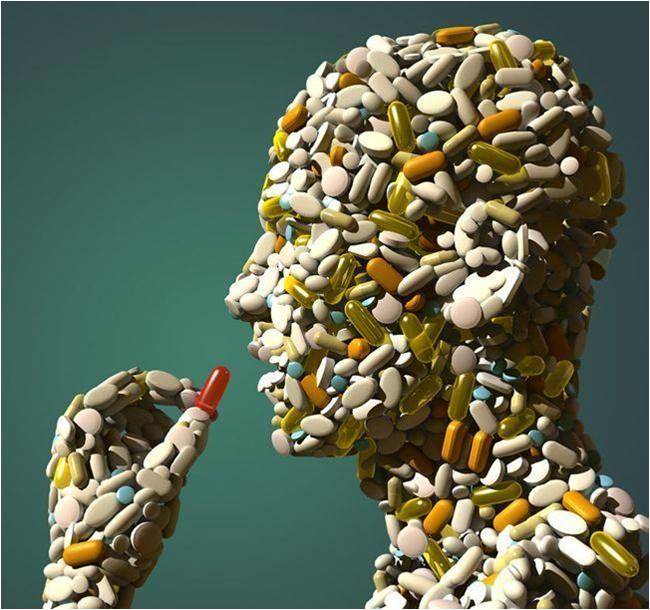 | Principle 3: Medication use in the elderly is a major drug problem in America
Many older people see several doctors, each of whom may prescribe different medications. These same people may also use over-the-counter medication regularly. They may even get their medications from more than one pharmacy, or from friends. It's not hard to see how medications may pile up and how difficult they may be to track. Even one drug that's not right for a person can impair function and decrease enjoyment of life. Imagine what five - or ten, or fifteen - can do. Older adults should make sure their doctors know about all medications they are taking and question doctors about prescribed drugs. Are they necessary? What side effects should I watch for? Are they safe to take with my other medications? The doctor should also know about alcohol, cigarette and coffee use. |
 | Principle 4: Ageist attitudes are extremely harmful
"What do you expect at your age?" "You're not getting any younger!" "Doc, what do you exprect at my age?" Do these statements sound familiar? They are unjust generalizations and prejudicial statements that assume all older adults naturally become weak, sick and forgetful. Older people get sick from disease, not "old age". |
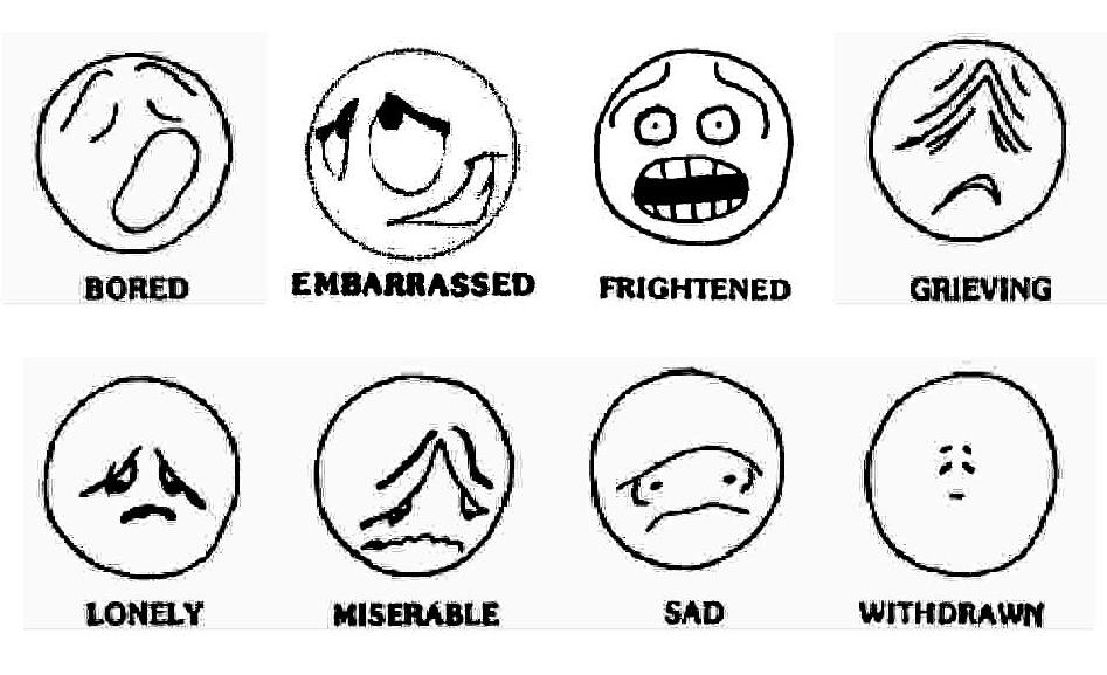 | Principle 5: Look for and treat dis-ease, not just disease
All the dis-eases – loneliness, pain, fears and worries, to name just a few – are often the things that make life most miserable for an older person, rather than specific diseases. |
 | Principle 6: Strive to maximize quality of life and functional ability
Everyone wants to enjoy life to the fullest and have the capability to do the things they want to. Improving the enjoyment of life and function are the main goals of geriatric care, where quality of living becomes more important than quantity of living. |
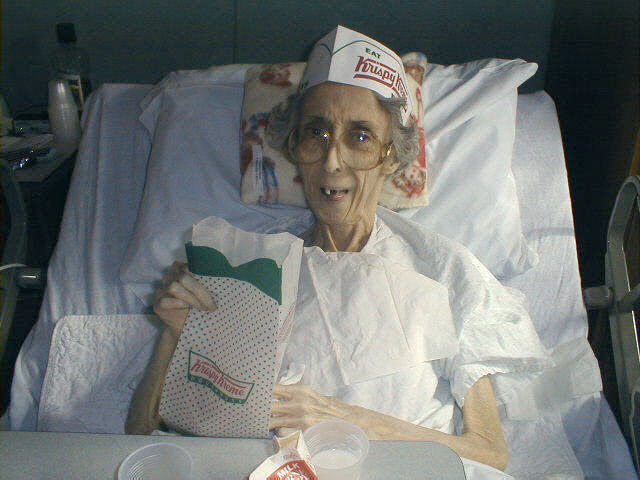 | Principle 7: There is ALWAYS something that can be done to help!
Pointing someone in the right direction; a smile, handshake, or hug; just being there to answer a question, help solve a problem, provide company or talk; a random act of kindness. These are all ways to help that require no particular expertise except caring for a fellow human being and the knowledge that you don’t necessarily need medications or surgery to “cure” someone. |
Copyright © Stall Senior Medical LLC / OldSmarts LLC